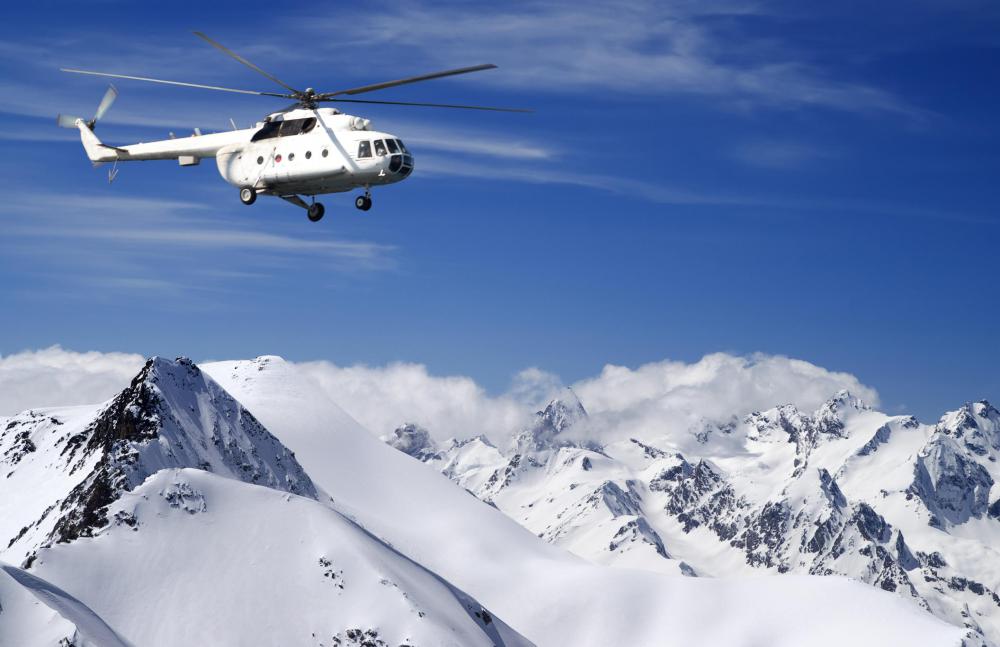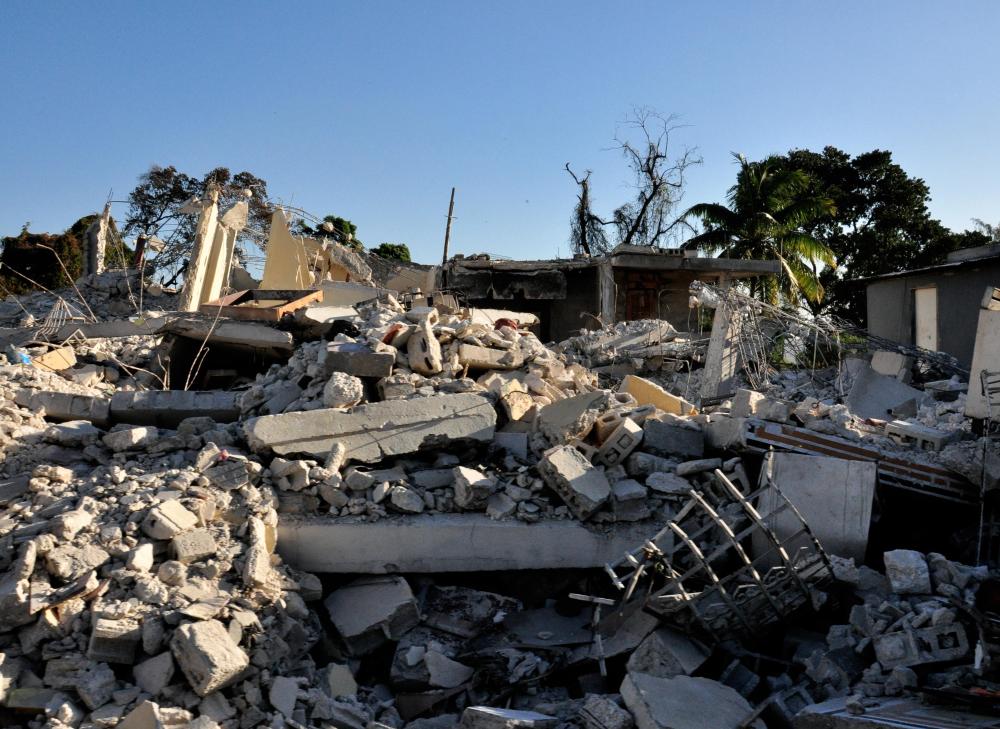At PracticalAdultInsights, we're committed to delivering accurate, trustworthy information. Our expert-authored content is rigorously fact-checked and sourced from credible authorities. Discover how we uphold the highest standards in providing you with reliable knowledge.
What is Search and Rescue Training?
Search and rescue operations involve finding people who are lost and may be injured, providing them with emergency medical treatment when necessary, and removing them to a safe location. While untrained volunteers can be helpful in these emergencies, most operations really benefit from people who have had some search and rescue training. Some operations are dangerous for the searchers, so advanced training is required, and highly specialized training programs are available for professionals in the field. Most offer certification, which must be renewed periodically.
In many communities, search and rescue operations are conducted by groups of volunteers, often affiliated with local law enforcement or emergency service units. Basic search and rescue training for volunteers includes advanced first aid, compass and map reading, and search theory. Additional training may be needed because of local circumstances. Volunteers often pay for their own training, but some groups have funding.

People can get lost anywhere, so search and rescue operations can be needed in any kind of terrain and under any conditions. There are four basic categories of search and rescue: wilderness rescue, structural collapse rescue, air rescue, and water rescue. Each type requires advanced and specialized training.
Wilderness searches can take place in a variety of terrains, including mountains, deserts, and swamps. Searchers need advanced navigation and wilderness survival skills in addition to basic search and rescue training. Depending on the location, experience in climbing, caving, or cross-country skiing may be needed.

Structural collapse rescue is sometimes called disaster rescue or urban rescue. Because of the dangers that collapsed buildings present to both searchers and victims, specialized training is necessary for people who perform search and rescue operations in these locations. Rescuing victims buried in rubble without causing further injury requires specialized skills. Sometimes cadaver searchers are included in this category.

Air searches involve finding missing aircraft, and may also be used to find people lost in the wilderness. Local flying clubs often provide volunteer pilots and aircraft for these searches. A pilot's license and experience in flying at low altitudes is required, as well as standard search and rescue training.
Water rescue involves searching for lost watercraft or individuals who have fallen into a body of water. At sea, these searches are often conducted by the coast guard. Rescue efforts may involve the use of helicopters. Training for inland water search and rescue often involves expertise with canoes, boats, and kayaks. Searchers may need experience with swift water, swamps, and floods.

Often, searches are conducted with the help of highly trained animals. Mounted search and rescue is especially helpful in wilderness areas, and both horses and riders need specialized training to be effective. Search dogs and tracking dogs are extremely useful in many situations as well, and they and their handlers require canine search and rescue training for these searches.
AS FEATURED ON:
AS FEATURED ON:
















Discussion Comments
I've always wanted to do a course with dogs in search and rescue training. I've seen the guys who work with the dogs in earthquakes and other disasters and it seems like they do a lot of good in a bad situation.
Although I did hear something really sad about it a while ago. Apparently in some cases there are so few live people to be found that the rescuers have to hide themselves in the rubble so the dogs can "find" them or the animals will start getting depressed.
I can't even imagine how sad and scary that must be for the people having to do that.
@pastanaga - I would recommend it just so that the person with the training will benefit as well. Aside from a bit of work with rescue equipment, most of what they taught us was basic survival knowledge, like first aid and orienteering. It's the kind of stuff I use all the time when I'm out hiking with my family, just to avoid getting into trouble.
It is really worthwhile to volunteer your time to this kind of training, even if you don't think you'll want to make a career of it. This is particularly true in places where there are a lot of hikers or mountain climbers.
Often, what is needed when someone gets lost is a lot of capable searchers who can help to scour the area. They don't want more people who will end up getting lost and they don't need people who can fly a helicopter, or abseil down a cliff. They just want people capable of following instructions and reading a map.
Wilderness search and rescue training is the kind of thing that can make a huge difference to a community in a time of need.
Post your comments